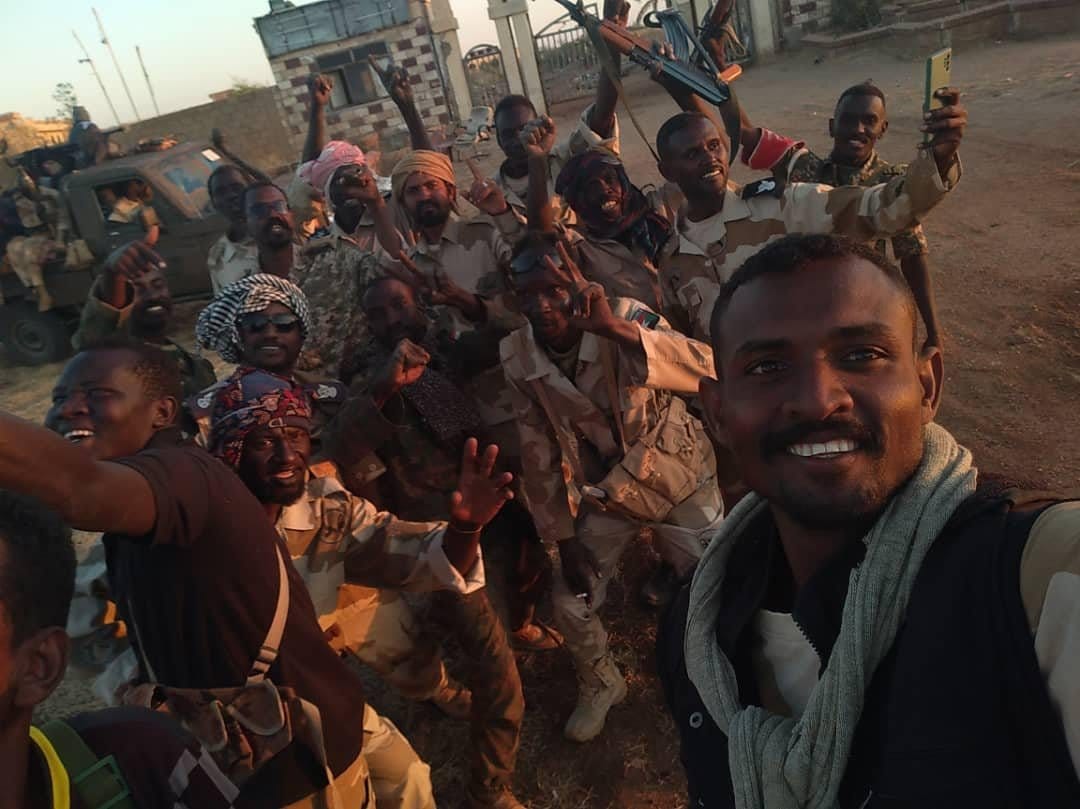Sudan army recaptures Wad Madani city
Major setback for the Rapid Support Forces in central Sudan
The Sudanese military regained control of Wad Madani, one of the ten largest cities in the country, on Saturday afternoon, after 13 months of control by the Rapid Support Forces (RSF). The capture of the city caps a four-month counter-offensive against the Rapid Support Force…
Keep reading with a 7-day free trial
Subscribe to Sudan War Monitor to keep reading this post and get 7 days of free access to the full post archives.


